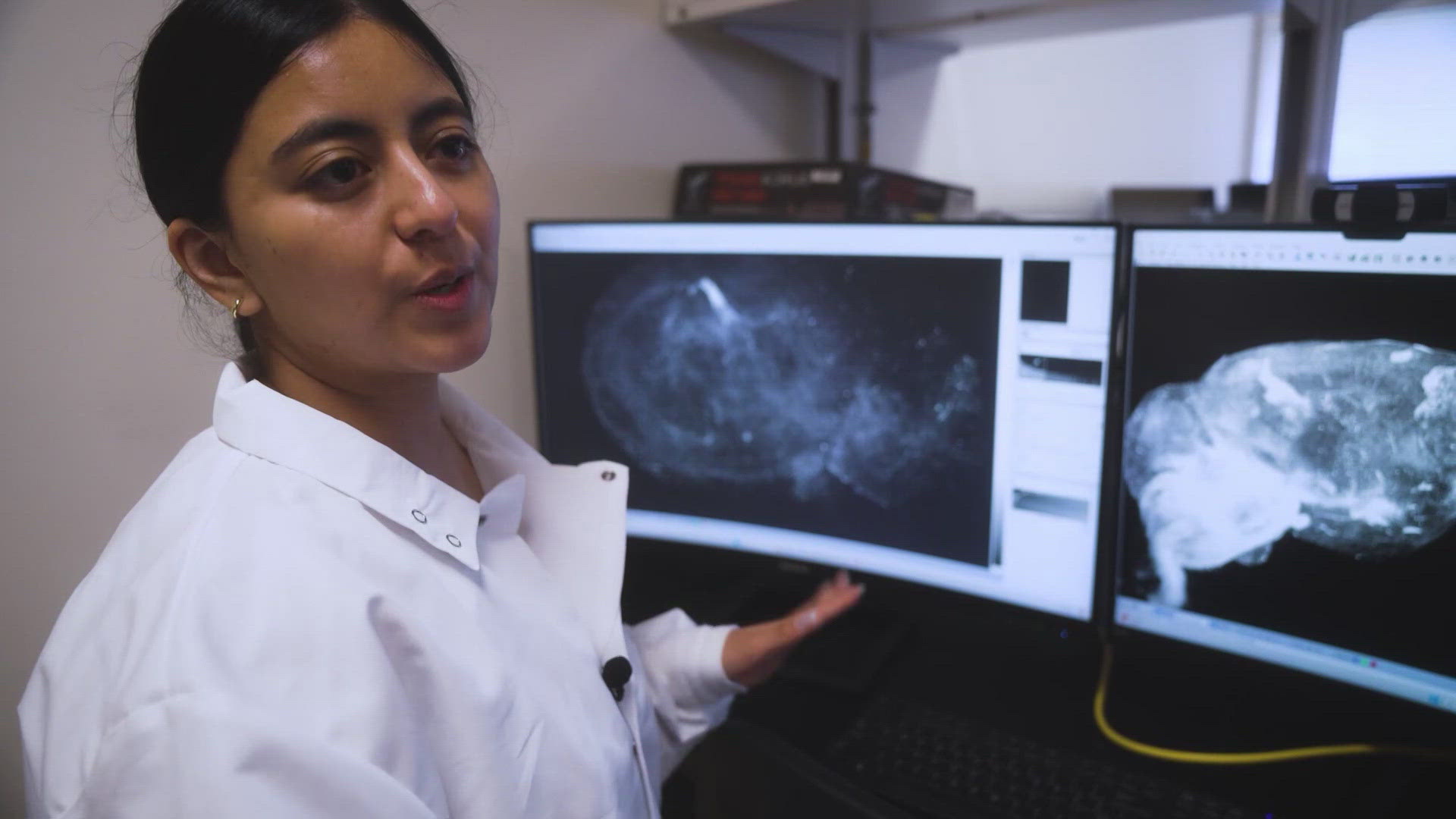SEATTLE — Could artificial intelligence hold the key to solving America’s opioid epidemic? Scientists at the University of Washington are using AI to understand addictive behavior and how the brain functions during addiction.
Machine learning is allowing neuroscientists at UW’s Golden Lab to analyze extensive video of mice addicted to fentanyl to better understand the complexities of addiction. The goal of the pre-clinical work is to one day inspire therapies that are less addictive and more personalized.
"We have a remarkably underdeveloped understanding of what these drugs are actually doing in the brain,” said Dr. Sam Golden, the leader of the research team.
Golden and his colleagues at The Golden Lab at UW recently received a $3.8 million grant from the National Institutes of Health to research opioid use at the cellular level. It’s one of about two dozen labs nationwide that are part of the project funded by the National Institute on Drug Abuse, the lead federal agency that supports scientific research on drug use and addiction.
“Getting this grant was very exciting,” said Golden. However, he added it was also a bit daunting. “It's not a 'what if' grant. It is a 'right now there is a problem' grant ... and what can we do to help end, or at least offset, this opioid epidemic."
The Golden Lab uses mice to understand how the brain functions during fentanyl addiction and withdrawal. Machine learning tools (SimBA) have allowed scientists to automate the process of analyzing video frame by frame of mice taking drugs. The in-depth computer analysis allows Golden’s team to understand individual differences in addiction including different strategies the animals use to seek out drugs or during relapse to addiction.
“If we think about the people in our lives who might be affected by substance use… they're all different,” Golden said. “That is one of the major challenges that we need to address and understand if we're going to find really good therapeutic interventions. A challenge to doing that in the past is that it's been far too time consuming, and frankly, subjective.”

